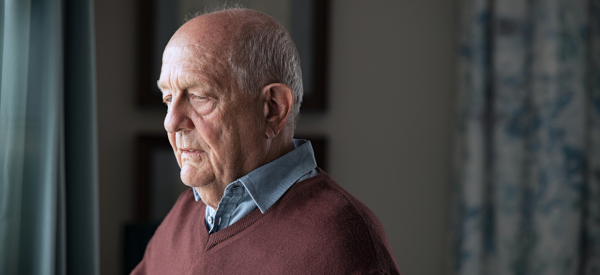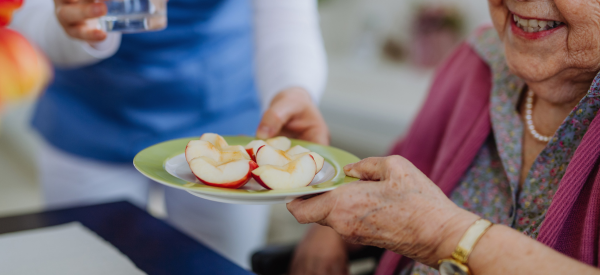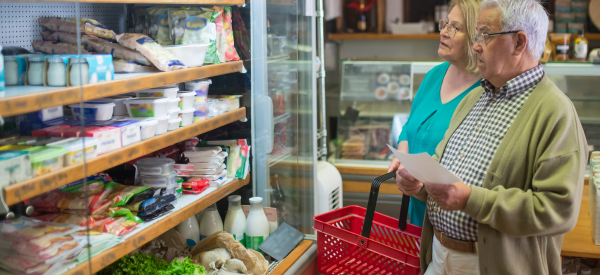The number of older Americans taking prescription and over-the-counter (OTC) medication is expected to rise significantly within the next few years.
The food and Drug Administration reports that seniors purchase more than 30 percent of all prescription medication in the U.S; and the same age group also purchases over 40 percent of over-the-counter medications.
Statistics show that about 90 percent of seniors take some form of medication – many of whom consume four to five different types each day.
With the increase in consumption of medication, it’s now more important than ever for seniors to keep track of what they take. This becomes a challenge if your loved one suffers from dementia or any kind of cognitive decline.
Having a system in place that your senior can use each day will not only help them stay organized, but also prevent the misuse of medications.
But, every method is different. Come up with a few ideas and then talk them over to determine which one is right for your family.
Here are a few tips FHC suggests to get started.
Know Which Medicines They’re Taking
Your loved one should know what kind of medication they are taking and why they are taking it. They should understand the side effects of each and what to do if they ever miss a dose. Find out who to call if there is ever a problem with the prescription.
If you or your loved one are unsure of the medications, the option of caregiver services may be beneficial.
Make A List of All Medications
Write down all prescription and OTC medicines, vitamins and herbal remedies your senior is taking. List the dosage, side effects and contact information of each physician – they should have this information available during doctor’s visits. Update the list with any changes.
Come Up With a Routine
Come up with a schedule for taking medications to follow daily. Use routine activities like meals and bedtime or alarm clocks and timers to act as a reminder so they know when each pill should be taken. Make a daily or weekly checklist so that your loved one can check off the time of day and type of medication taken.
Use a Pill Organizer
Pill organizers are great for planning out which medication will be taken each day. It’s also a good way to keep track of what was taken or missed in case they forget.
Stick With the Same Pharmacy
Shopping around to find the least expensive medication is a common practice that can sometimes lead to mix-ups with the type of medicine being prescribed, dosage and other important information needed to accurately fill the prescription.
It benefits everyone involved for seniors to try to stay with the same pharmacy each time they refill.
Consider Personalized Elder Care Services
Many reputable companies offer everything from alternative therapy to in-home care. Trained professionals are available to help meet your loved one personal needs and to ensure that medications are taken as needed.




